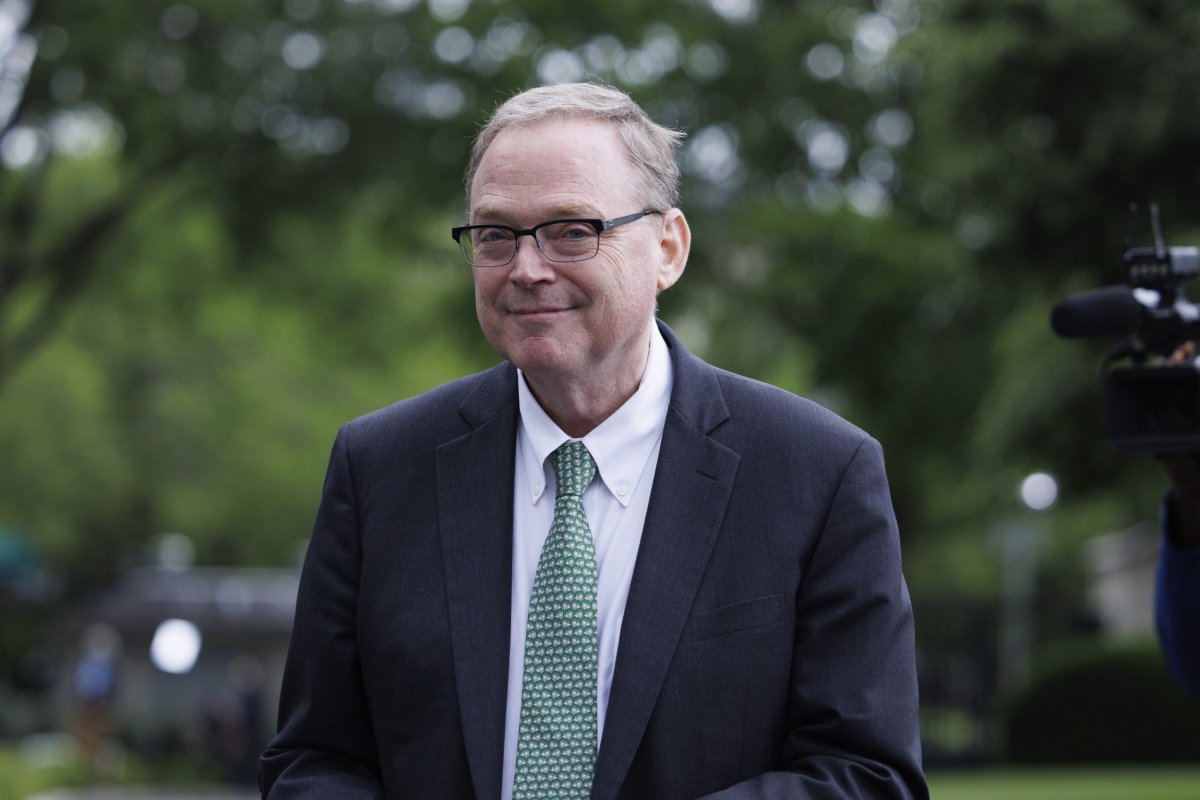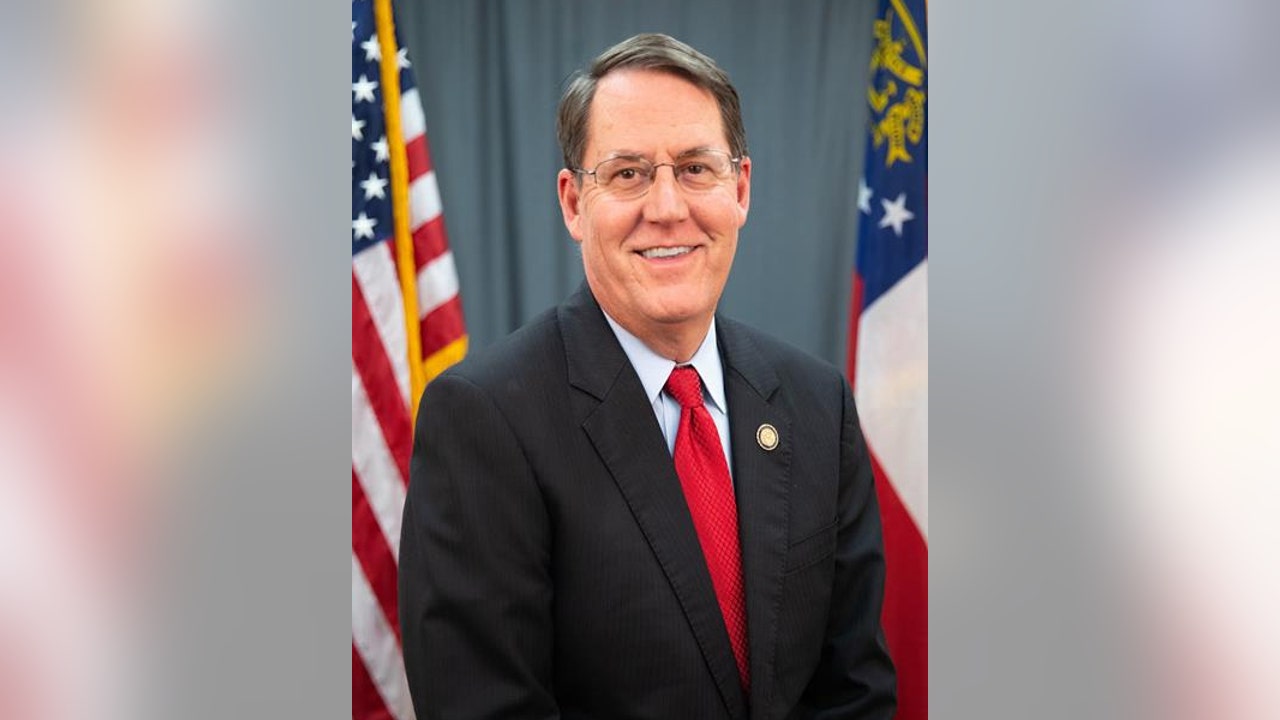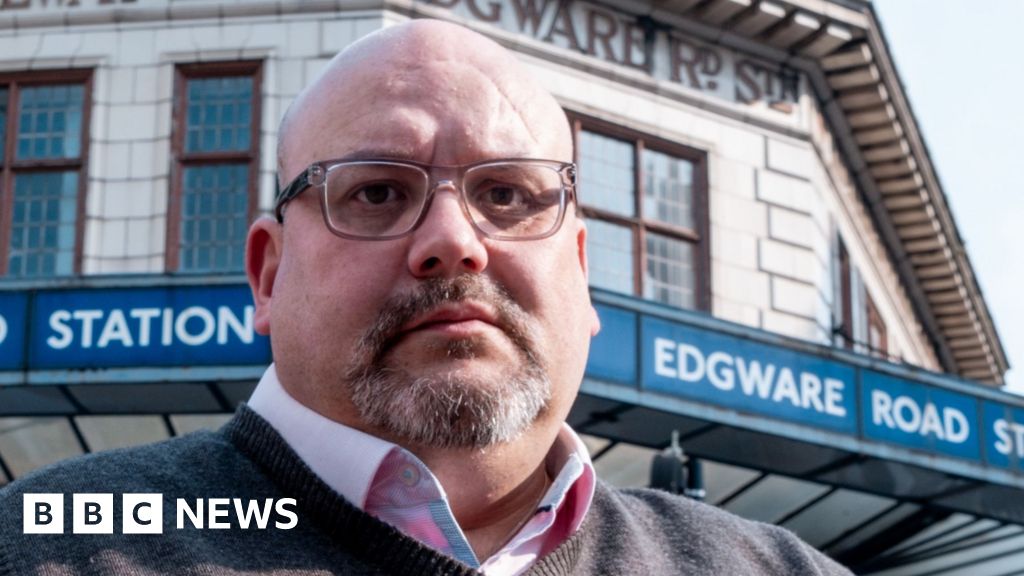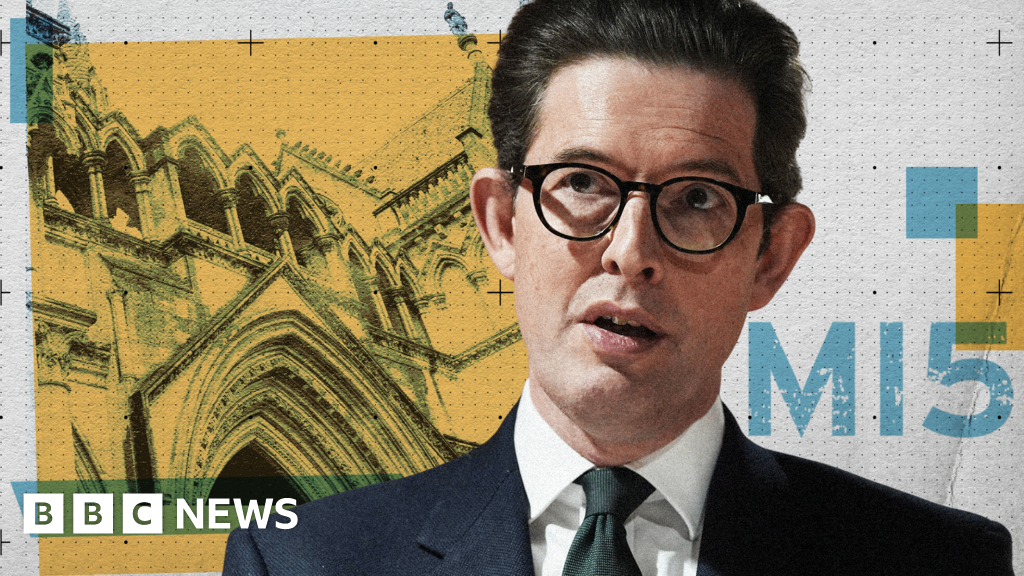National Economic Council Director Kevin Hassett has said that the best way for Americans to secure health insurance is to "get a job," after President Donald Trump's "Big Beautiful Bill" was successfully signed into law last week.
The tax and spending legislation will bring in nearly $1 trillion in cuts to Medicaid as well as a number of other changes such as work requirements, and the Congressional Budget Office (CBO) predicted that the Senate's draft of the bill would result in almost 12 million people losing their health coverage.
Why It Matters
Concern over the impact of Trump's budget bill on Medicaid has been vast, with many on both sides of the political aisle worried that millions will lose access to vital health care, leaving Americans with lower incomes and resources even more vulnerable.
However, proponents of the changes to the Medicaid program say cuts will reduce "waste, fraud and abuse" in the program, while work requirements will encourage personal responsibility and reduce government spending.
This is not the first instance Americans concerned about their health insurance due to the changes being made by Trump's budget bill have been told to "get a job," as last month Senate Majority Leader John Thune said the same.

What To Know
Speaking on CBS News' Face The Nation with Margaret Brennan show on July 6, Hassett said, "the bottom line is, the best way to get insurance is to get a job."
"We've got a Big, Beautiful Bill that's going to create a lot of job creation and a lot of insurance," he added, which he said the CBO was "not accounting for" in its estimates that millions would lose their health coverage.
He also said that, of the millions the CBO predicted would lose health coverage, around 5 million of those people "have other insurance," meaning "if they lose one, they're still insured."
"The CBO numbers on that side don't make any sense to use at all," Hassett said.
In a separate interview with Fox News, Hassett also said: "We just stopped waste, fraud and abuse, and honest to goodness, to think about all the good things that have happened in this bill, it should be celebrated by everybody."
The CBO told Newsweek they did not have any comment to respond to Hassett's claims.
The CBO's predictions for the House version of the bill was lower than that for the Senate's, at 10.8 million losing coverage instead of 11.8 million, according to a letter it sent to members of the House of Representatives.
The CBO also noted in the letter that "few of those disenrolled from Medicaid because of the policy would have access to and enroll in employment-based coverage and none would be eligible for the premium tax credit."
Trump's budget bill has promised to provide around 7 million more jobs for Americans, vowing to help those currently struggling to find work and boost employment rates.
Data has shown that most Medicaid enrollees are already in work. In 2023, nearly two-thirds of Medicaid-enrolled adults aged between 19 to 64 were working, the KFF reported.
Nearly three in ten did not have jobs because of caregiving responsibilities, illness or disability, or due to school attendance, per the KFF report, factors which exempt recipients from the work requirements in the "Big Beautiful Bill."
The creation of new jobs could therefore only assist those on the program who were not in work due to an inability to find work, which is less than 8 percent.
Experts have also warned that the administrative burden placed on recipients to log and report their working hours, or their exemption, will see many more pushed off the program, meaning that even those already completing the work requirements may lose their coverage.
The argument of getting a job to secure health insurance is based on the principle that losing Medicaid coverage would then not result in an individual having no coverage at all as they would continue to receive coverage from their employer, a principle that may work for those able to hold down a job, but not for those with caring responsibilities or medical conditions and disabilities.
What People Are Saying
Paul Shafer, a professor in health law, policy and management at Boston University, told Newsweek: "As of 2023, nearly all Medicaid enrollees under age 65 and not on Social Security disability were working, at 64 percent, caregiving, at 12 percent, disabled or ill, at 10 percent, or in school, at 7 percent. Only 8 percent were not working for another reason, including not being able to find work. Most of those working and on Medicaid work for smaller businesses, with less than 50 employees, that are less likely to offer health insurance benefits."
He added: "About one in five working adults work for an employer that doesn't offer health insurance and one in four workers are not eligible for employer-sponsored insurance, so even having a job doesn't necessary solve the problem. Jobs that lower income Americans are more likely to have, like in the service industry, and part-time/seasonal jobs are also less likely to offer coverage. Medicaid expansion was another option for those with incomes up to 138 percent of the federal poverty level to have coverage that would allow them to see doctors, get their prescriptions, whatever they need without the emergency room being the only option. Evidence suggests that Medicaid expansion makes it easier for people to get healthy and hold down a job or get a better one, not the other way around."
Hassett said on CBS News: "What we're doing is we're asking for a work requirement, but the work requirement is that you need to be looking for work, or even doing volunteer work, and you don't need to do it until your kids are 14 or older. And so, the idea that that's going to cause a massive hemorrhaging in availability of insurance, doesn't make a lot of sense to us."
He added: "It's sound budgetary politics. And I think that nobody's going to lose their insurance."
Richard Angwin, a social media user with more than 200,000 followers on X, wrote on the platform: "Kevin Hassett's dismissal of the CBO's projections and his focus on job creation as a panacea for health care access ignore the harsh reality that millions of Americans, many already working, will lose critical coverage due to unnecessary and harmful work requirements."
Another X user @mmpadellan, with more than 1.2 million followers, wrote on X: "He's not even mentioning the estimated 300 rural hospitals that will close as a result of this bill. I have never seen a political group so intent on directly harming their constituents so that the wealthiest Americans add to their pile of wealth."
What Happens Next
Certain changes to Medicaid, such as the work requirements, will not be immediately brought into play and instead be introduced from 2027, and some states may get extensions.
Update 07/07/25, 01:08 p.m. ET: This article has been updated with comment from Paul Shafer.









 English (US) ·
English (US) ·